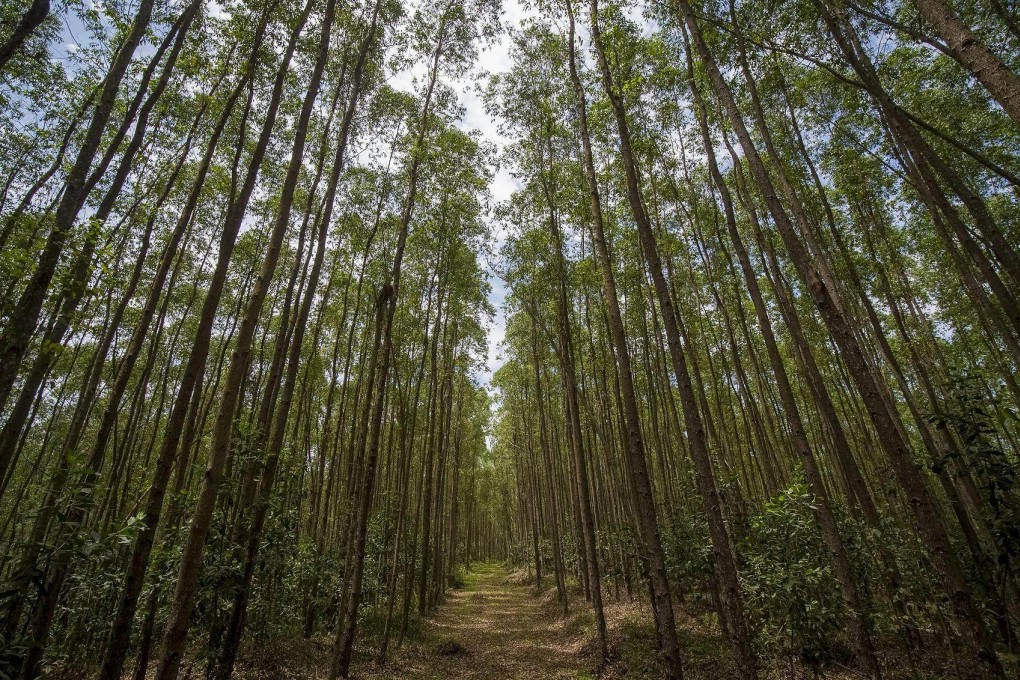How innovative sustainability commitments are transforming Asia’s bioeconomy
- Bioeconomy involves sustainable solutions that use crops, forests, fish, livestock and microorganisms to produce food, raw materials and energy we need for everyday life
- Singapore-headquartered RGE harnesses bioeconomy to create renewable solutions, pioneering conservation projects and improve the livelihoods of local communities

The concept of the bioeconomy has come to the fore in recent years as key leaders and policymakers accept that a better approach is needed to address the challenge of climate change and its causes.
What that requires is a new model which emphasises careful stewardship of the natural environment and uses science to manage our planet’s renewable biological resources in ways that can accelerate progress towards a circular, low-carbon economy.
In essence, it means finding sustainable solutions where crops, forests, fish, livestock and microorganisms still produce the food, raw materials and energy we all need.
Yet in applying new technologies and bio-based processes, it is possible to enhance levels of productivity and maintain the necessary balance by creating various kinds of closed-loop operations.
These are expertly set up so as to generate little or no waste, because everything is ultimately shared, reused, recycled or returned to nature. As the bioeconomy evolves, that will remain a guiding principle.
Asia, of course, has a major role to play and, in that respect, RGE is leading by example. The Singapore-headquartered resources and manufacturing group has made a strong commitment to sustainable business practices and care for the environment, and is setting pioneering standards for the rest of the world to follow.
